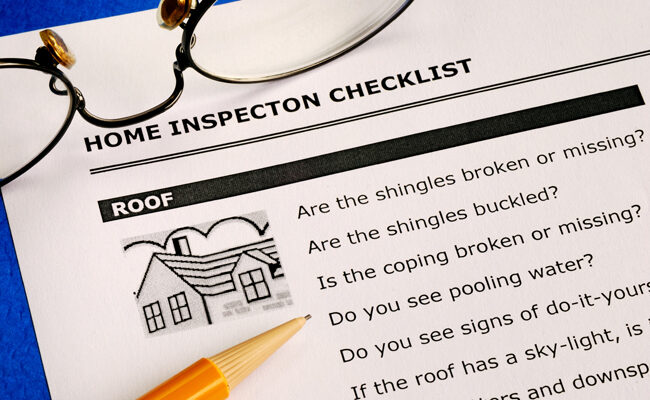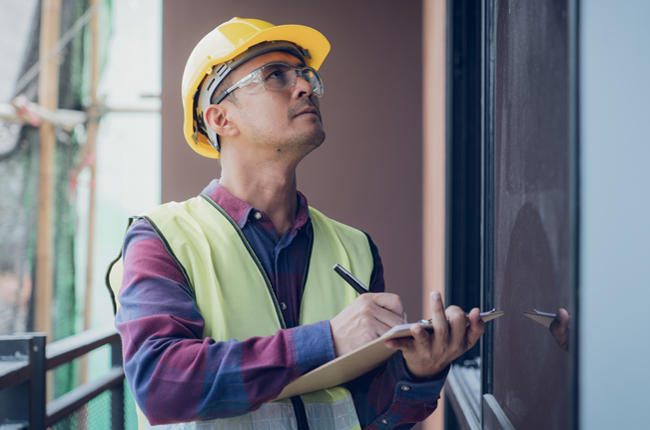
Home inspections are critical and shouldn’t be skipped if you’re planning to purchase a property. Apart from the fact that there’s a huge amount of cash involved, your family’s safety is likewise at stake. A thorough home check-up may be the biggest deal-breaker in the home buying process. As a future homeowner, you’d want to be happy and gain peace of mind with this major purchase. If a property assessment isn’t an option, then you have all the right to back out from the transaction.
In choosing a home, don’t just go for the aesthetic value. Make sure the inspection results are favorable before moving in. Here are the reasons why a home inspection is critical prior to relocation:
1. Ensure Your Family’s Safety
Home inspections can uncover hidden structural damages. It helps ensure that the home stays safe long after it’s turned over to you. Often, home inspections involve an entire electrical wiring system check for risks like fire hazards. However, traditional inspections don’t include special testing procedures, including those for dangerous substances such as asbestos and radon. The latter is an odorless gas that’s created after the uranium in soil and rocks break down. It’s believed to cause various health conditions.
If you want to test your home for radon, consider home inspection Colorado Springs Colorado and others near you. Find contractors that offer similar testing procedures to ensure your family’s health.
2. Uncover Hidden Damages
It’s true that aesthetics plays a role in stirring a prospective buyer’s interest. A property with a high curb appeal, spacious kitchen, or a visually appealing interior are a few of the reasons why buyers are drawn to a home. While looks should be a major consideration, it shouldn’t be the only reason why you’re buying a property. What’s inside can be more important than what’s outside.
A beautiful home can harbor structural issues. Depending on the extent and location of the damage, some homeowners are able to mask minor issues like plumbing problems. Impairments of this type can potentially lead to major fixes after you’ve purchased the property. It takes a home inspector to spot the damages and danger areas in a property, especially the sections that remain invisible while you’re superficially checking out a home.
3. Determine Repair Costs
As any homeowner would know, home repair costs can burn your pockets, especially if you’ve got major fixes on the pipeline. With home inspections, it’s easier to decide whether a home is worth buying despite its flaws or let it go and start checking other properties.

After examination, the home inspector will provide you with an estimated repair cost. Sometimes, this professional may inform you whether the property conforms with the state’s building codes.
4. Have A Leverage For Negotiation
When buying a home, you’d want to make the most out of your cash. A home buyer can use the home inspection report as a basis for a reduced selling price. To snag a better deal, calculate the potential repair costs of the deficiencies listed and ask the seller to reduce the price according to the projected fees for fixing these sections.
In some cases, the owner will agree to shoulder these upfront expenses. So, you may not have any further price cuts. Either way, you win.
5. Mitigate Serious Problems
Because you’re able to identify hidden problems, you can set aside an appropriate budget for immediate fixes. Important repairs, including reinforcing the roof and attic insulation or having the thermostat repaired, can ensure your family is safe and comfortable once you move in.
Deficiencies discovered after moving in can cause inconvenience as you and your family may have to endure the noise and dust from these minor renovations. Inversely, when problems are discovered early on, you’ll have the property ready before relocating.
Ultimately, a home inspection can help you spot damages and have them repaired before they can turn into a major problem. This means you can save on costly repairs down the road.
Wrap Up
A thorough home inspection gives you a full picture of the property you’re planning to purchase. Based on the report, you can either decide to go through with the sale or move on to another property.
Understanding the home’s condition is important before moving into a new home as you’re going to be stuck for several years once a home sale is finalized. Without due diligence, you’ll end up in an unsafe and problematic home that exposes you and your family to various hazards unless costly repairs are done.
Leave a Reply